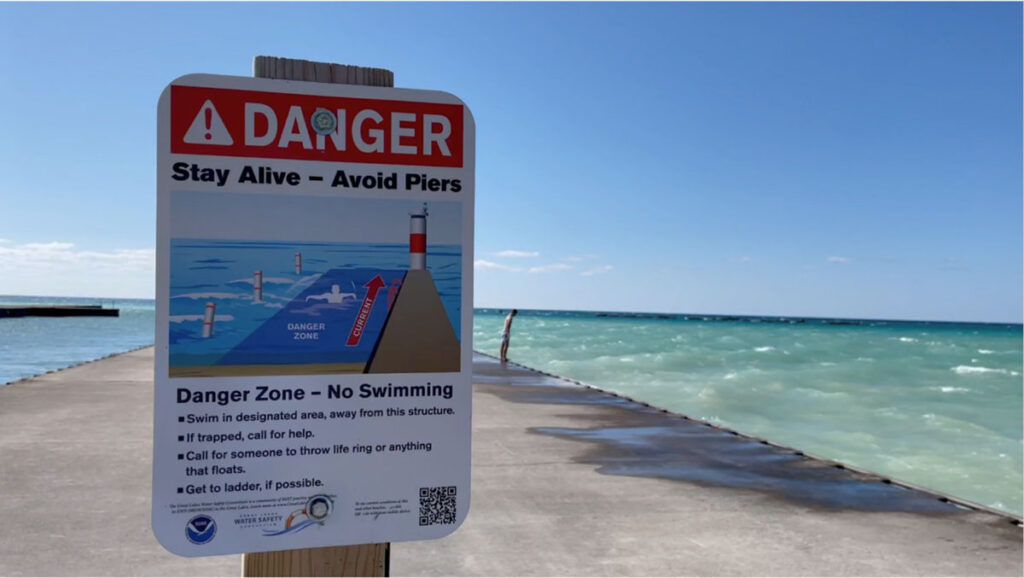
Investigating shoreline change in the Great Lakes & the Smart Beach project
RAEON has supported several projects related to shoreline change in the Great Lakes, including a study using artificial vegetation to protect shorelines by reducing the

RAEON has supported several projects related to shoreline change in the Great Lakes, including a study using artificial vegetation to protect shorelines by reducing the
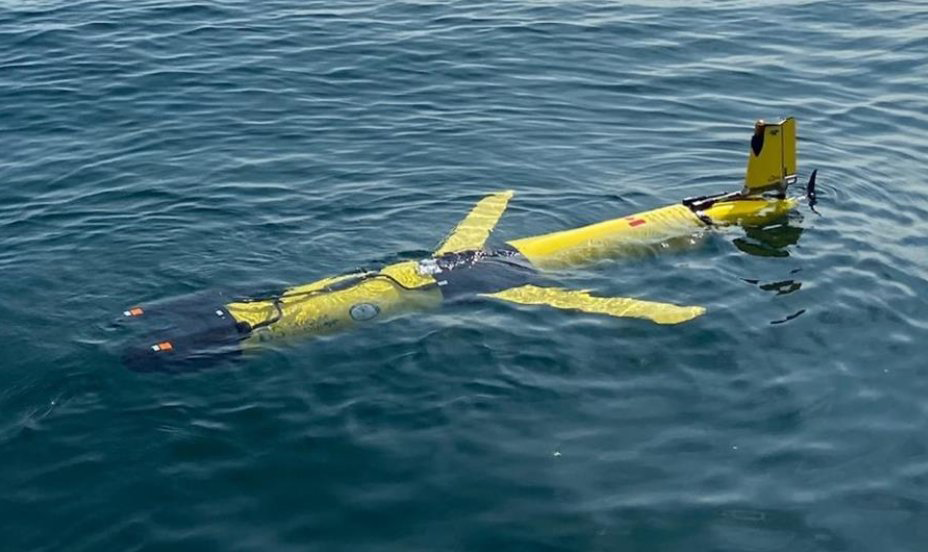
RAEON, in partnership with the US Geological Survey, is range testing a novel mobile platform to improve glider-based acoustic telemetry studies. Scientists use acoustic telemetry

Canada’s GHG reductions and carbon offsets to prevent warming beyond 1.5 °C need to be reported internationally in order to be recognized in global negotiations
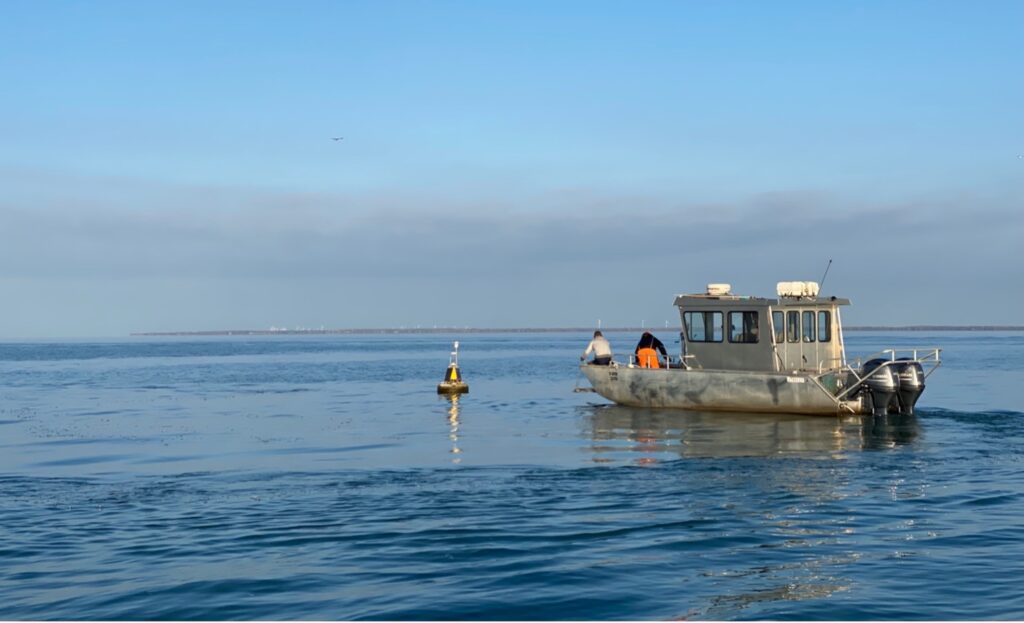
This project will help scientists better understand and predict the development of harmful algal blooms (HABs) using real-time data. The project team will deploy real-time continuous
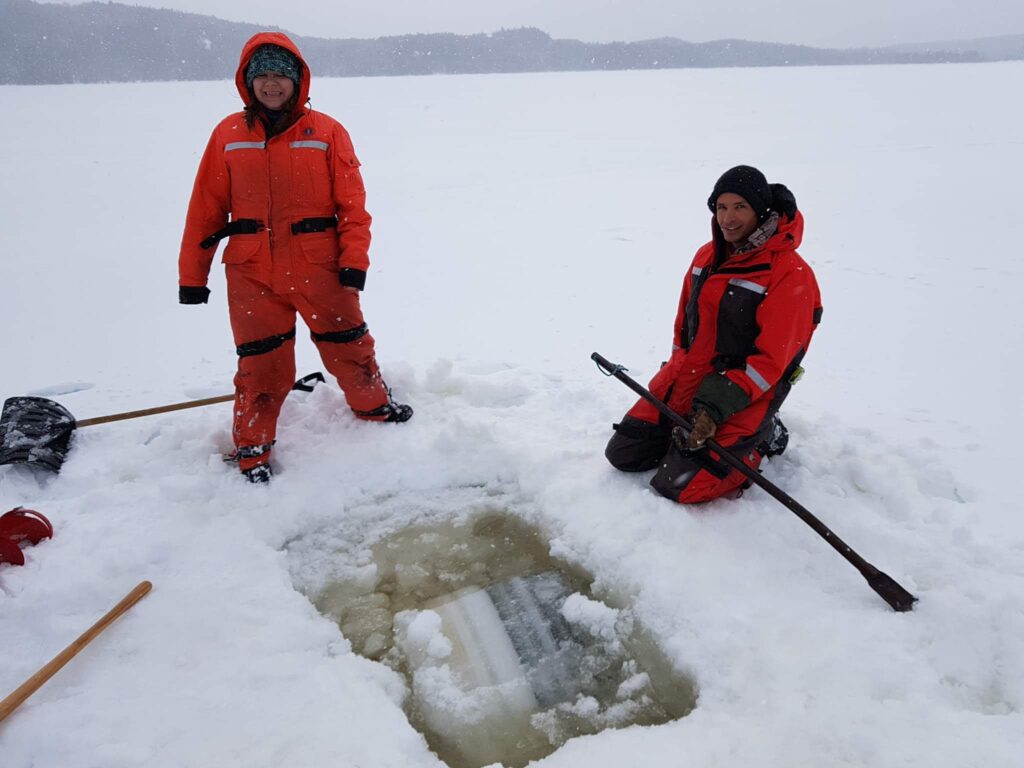
Novel methods will yield rich data to improve resource protection Freshwater fish are an important economic and cultural resource to Canadians. Recent research indicates, however,
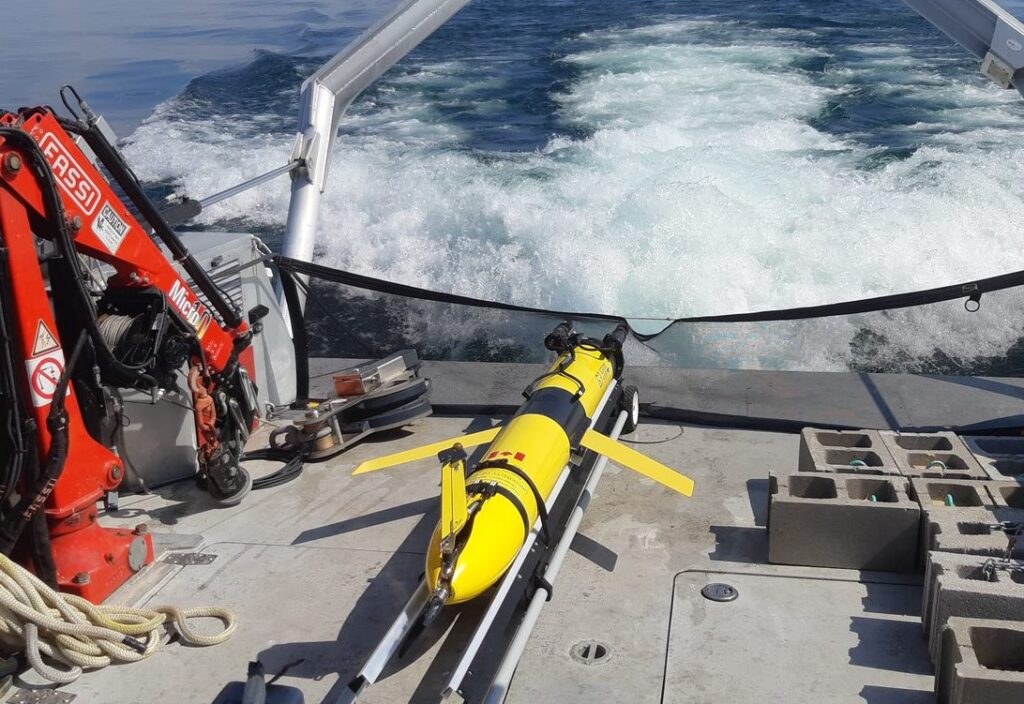
Continuous monitoring will provide data needed to help protect ecosystems Scientists deployed an autonomous underwater vehicle to continuously collect high-resolution spatial and temporal data in
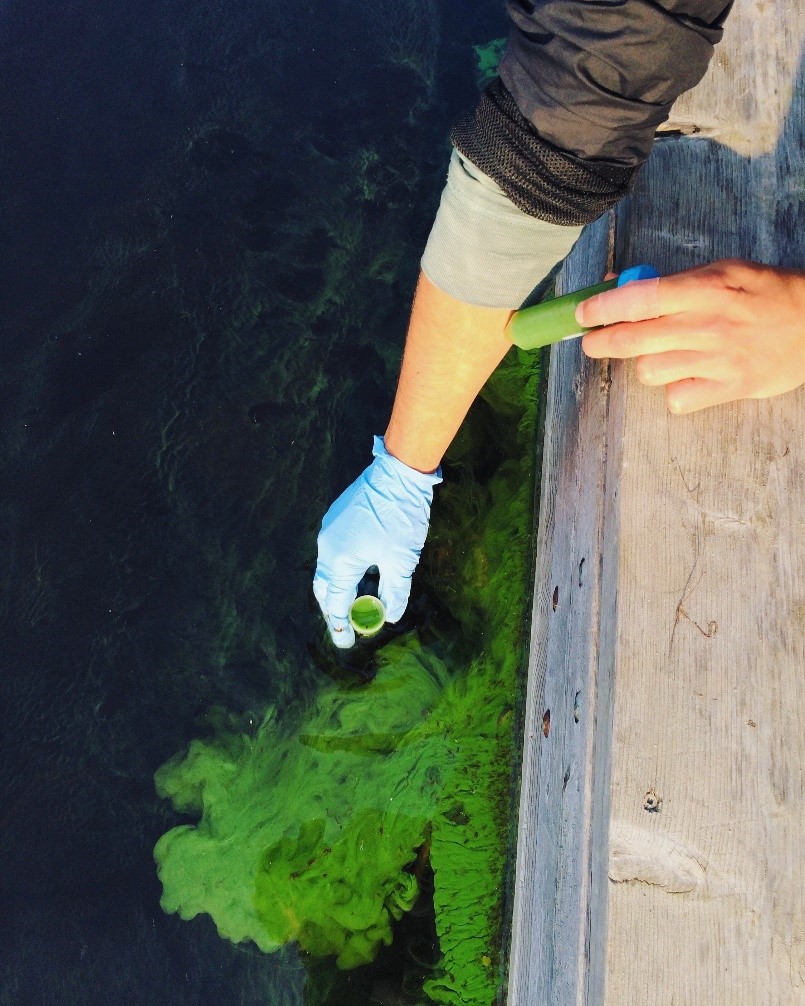
Lake Winnipeg —one of North America’s Great Lakes — recently has been labeled one of the most threatened lakes in the world because of increased
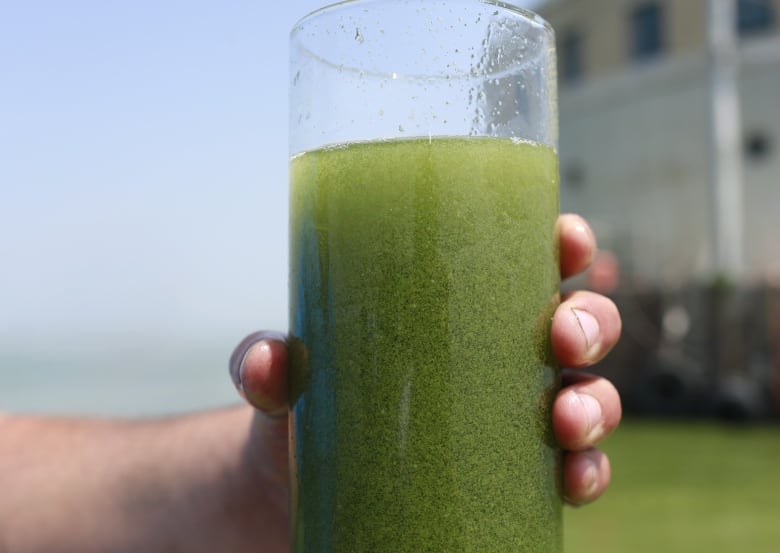
Intensive agricultural lands feed into Canada’s Great Lakes. The primary type of nitrogen used in agriculture has changed over time, shifting from organic to inorganic
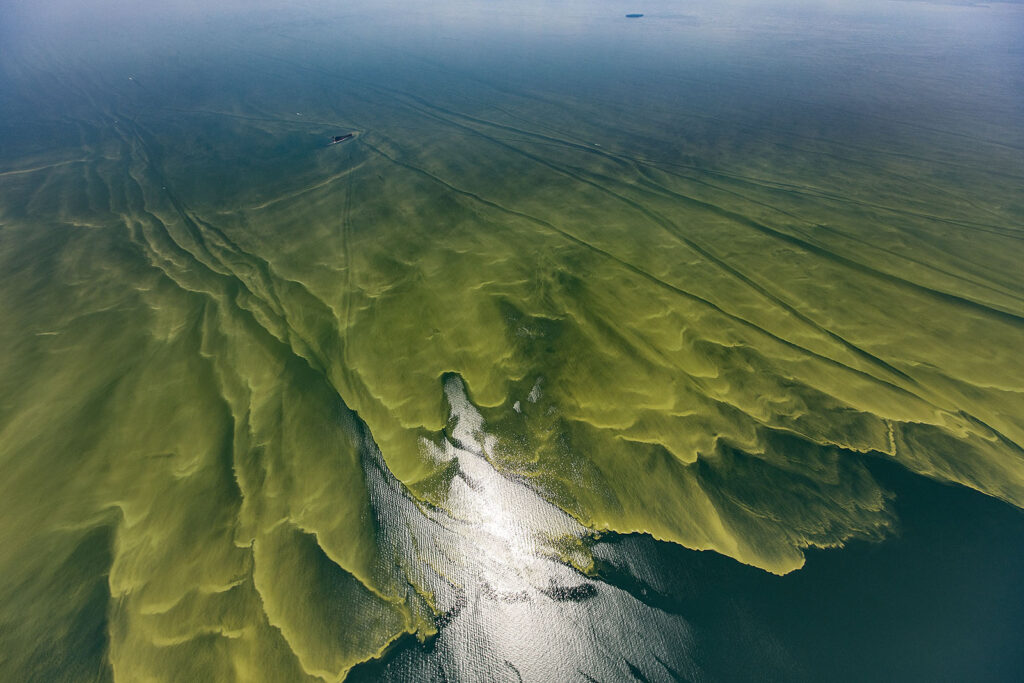
Cyanobacteria, algae that form on the surface of nutrient-rich waters, can produce an array of toxins. Accurately measuring these toxins in waterbodies is crucial because
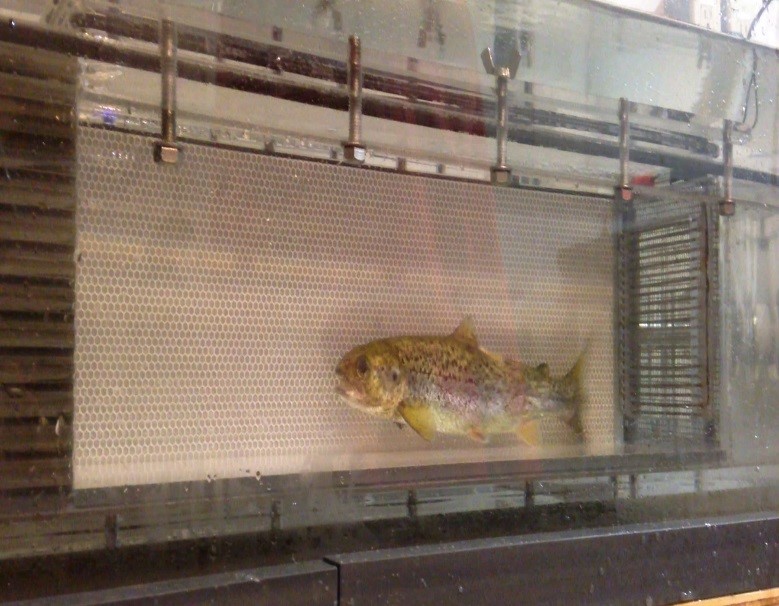
Atlantic salmon were historically abundant in Lake Ontario, but their populations disappeared from the lake more than a century ago. Management agencies and conservation groups
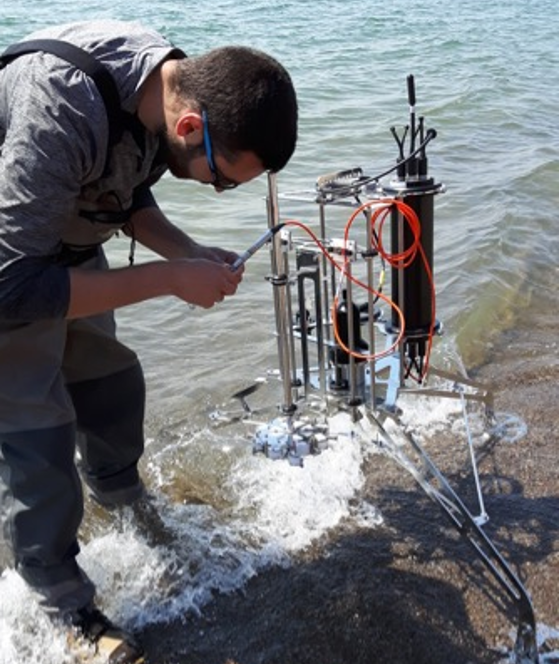
A primary goal of water quality managers is to intercept or mitigate nutrients or pathogens at their source to ensure effective wastewater treatment. Source water
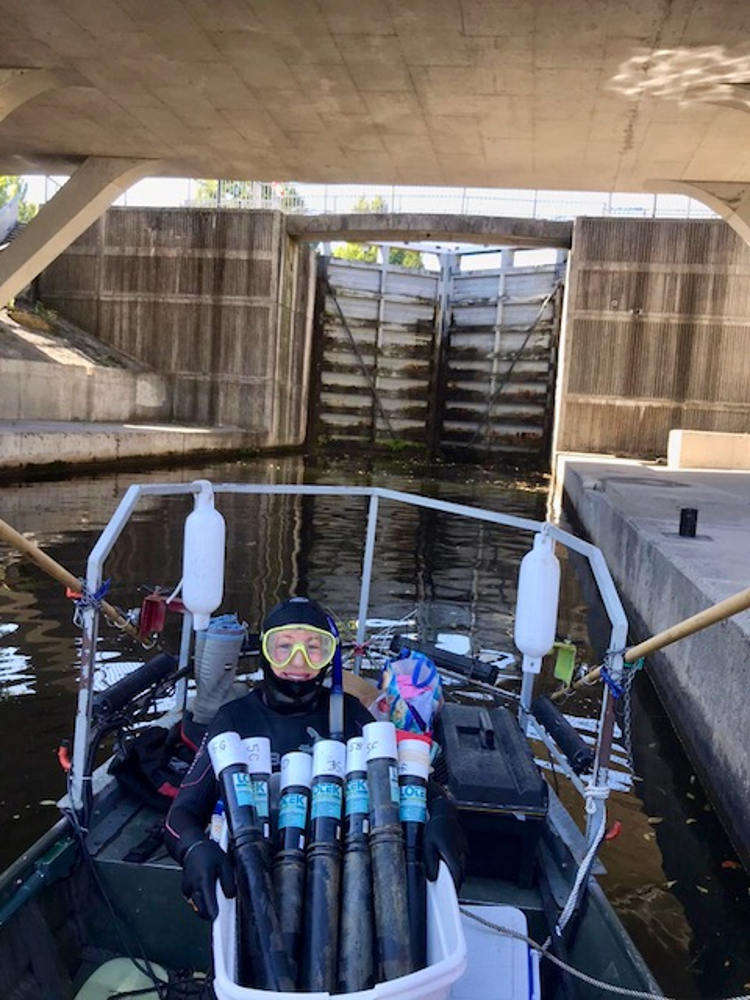
By: Jordanna N. Bergman, PhD Student, Carleton University and Steven J. Cooke, Professor, Carleton University The Rideau Canal Waterway, located in eastern Ontario, forms a

Great Lakes Institute for Environmental Research
University of Windsor
2990 Riverside Drive West
Windsor, Ontario, N9C 1A2
Canada